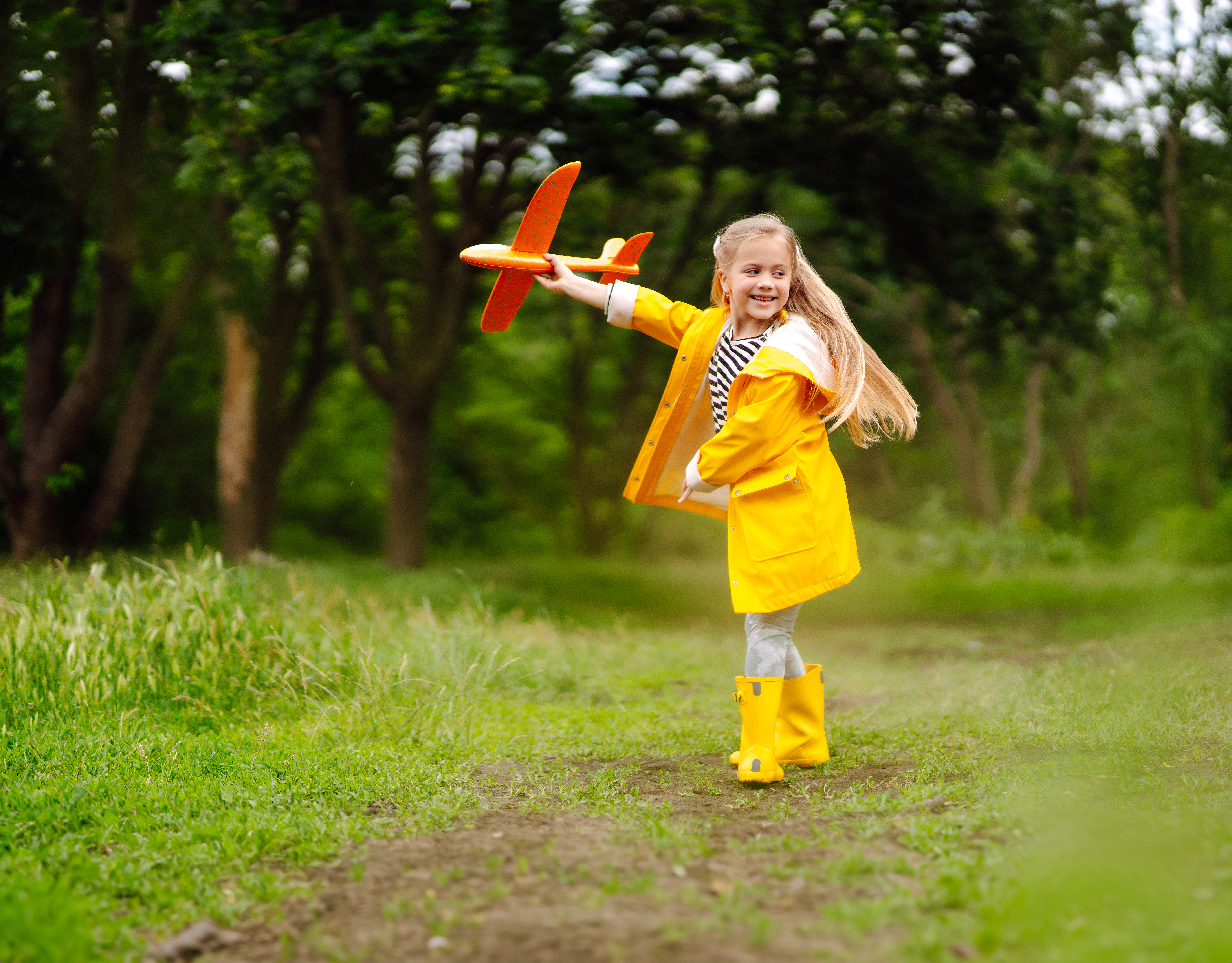Positive habits for success: Supporting your child’s organisation
Does your child always seem to lose their belongs? Do they struggle to remember to brush their teeth? Do they leave completing tasks to the last minute and need constant reminders throughout their day? Children who appear disorganised can often be labelled as lazy, unmotivated or defiant, however, it is important to remember that organisational skills are complex as they form part of a group of skills known as executive functioning skills. Executive functioning skills are a set of mental skills that we use every day to learn, work and manage daily life. The ability to organise our belongings, complete tasks on time, prioritise our responsibilities or even initiate a task falls under the umbrella of executive functioning skills and these are all skills that we must learn as we grow through life.
No one is Born with executive functioning skills, but nearly everyone can learn them. It takes time and a lot of practice to develop these skills, but as children’s executive functioning skills grow, so too can their confidence, self-esteem, and independence skills.
If you are supporting a child who presents with some challenges with executive functioning skills, here are some tips to help set them up for success:
Daily routines
Daily routines are so important. It takes time and repetition to form a habit, so doing the same activities, in the same order, every morning and evening is one way to help these habits to stick. If your child can’t seem to remember the sequence of their morning activities, consider using a visual support such as a checklist or visual schedule with pictures or words that your child can clearly see and tick off as they go. A consistent nighttime routine involving having the items they will need in the morning ready (i.e. uniform, bag, lunch) will also allow for a smoother, more effective morning and a successful start of their day.
Technology
We all know kids these days are wizards when it comes to using any sort of tech so why not try and use that to an advantage. Phones are equipped with so many useful features and apps to make things like reminders, alarms, to do lists and calendars so much more accessible. Encourage your child to explore these apps and utilise them in their day to allow their phones to do the nagging so you don’t have to. Other apps include ones to keep track of homework and due dates or taking notes, or even ones for mind mapping and setting goals. There are also devices such as Amazon’s ‘Alexa’ or smart watches that are great additions to introduce as they can set reminders, make lists, set timers, play relaxation music or even answer questions all through simple voice commands.
Breaking down the task
How do you eat an elephant? One bite at a time….. Just like the elephant, when a task or an activity seems too big or scary, the best way to tackle it is to break it down into smaller pieces. This can make an overwhelming task seem much more manageable and allows your child to increase their confidence by overcoming small wins. Here are a few prompts or questions that you can use to help support with planning and scaffolding a task; Identify what the task is. What do you need? Who has to do it? Where is it to be done? When is it to be completed by? And finally, how long will it take to complete?
Practice, practice, practice
I know it may seem obvious, but the more you do something, the better you become at it! Lots of positive praise and encouragement will help your child to feel supported and empowered. Start small, figure out your child’s strengths and grow from there!
About the author
Lucy is a Senior Occupational Therapist at KEO Care, who works within the early childhood and paediatric space. Having studied and worked in Ireland, Lucy brings a wide range of clinical experience and knowledge to the team from her previous roles within community paediatric disability teams. Lucy is skilled in assessing and supporting children (from ages 0-18 years) and their families within the community space and is passionate about increasing independence skills for self care, organisation and motor skills and supporting with toileting and sleep.
